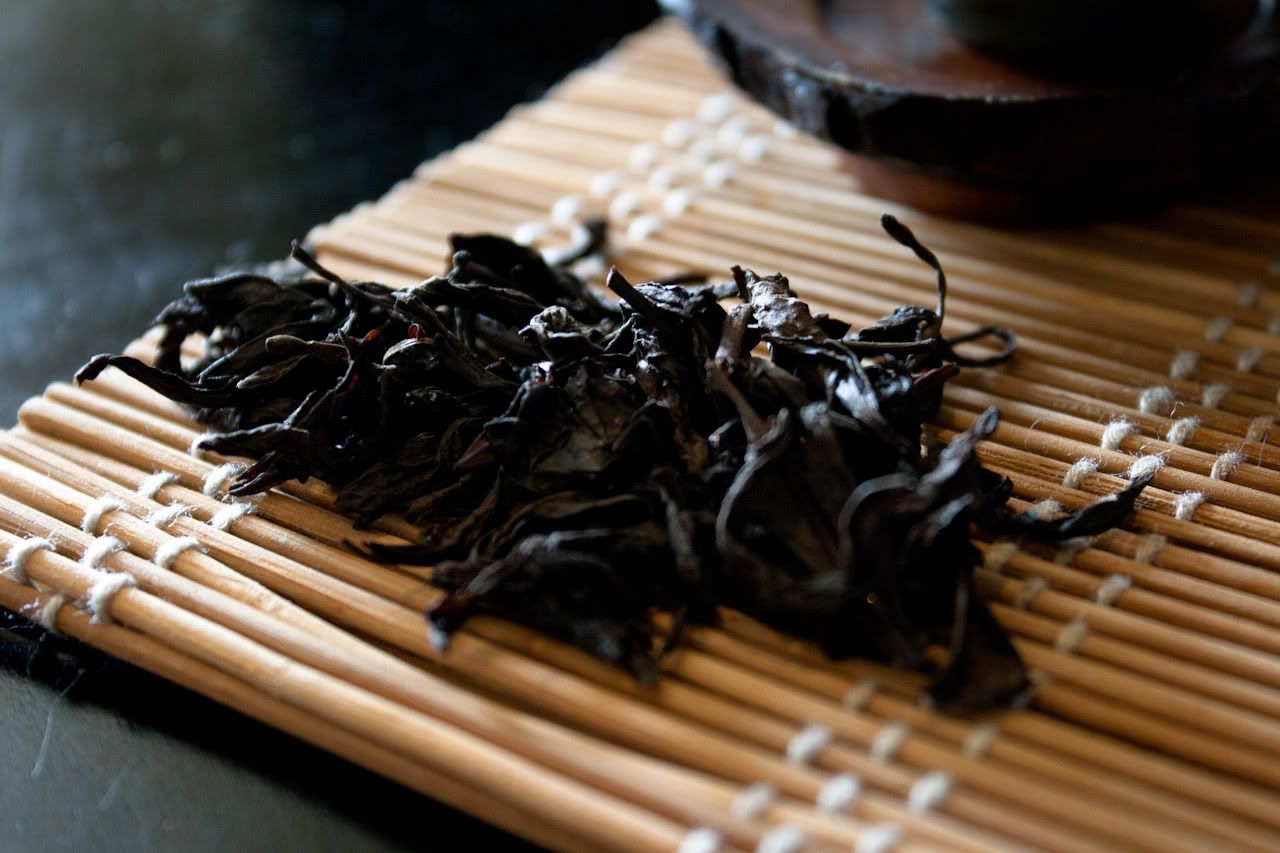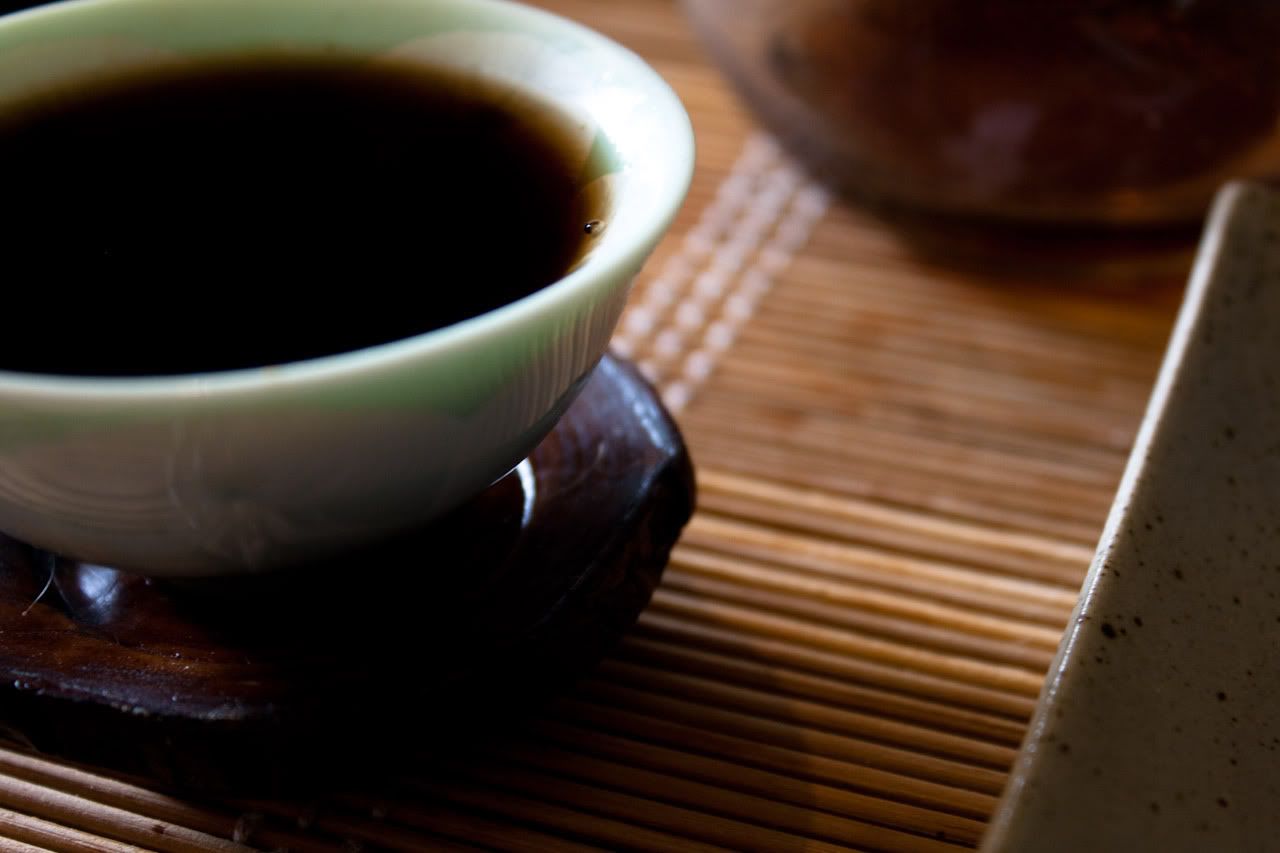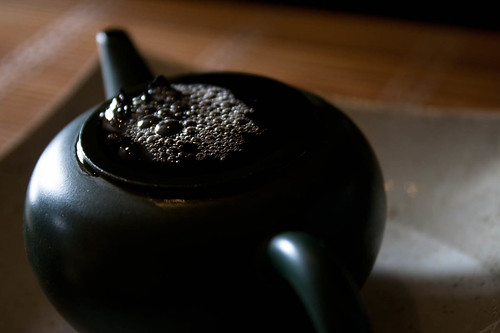Adagio Teas is donating 15% of its Japanese Tea sales to the American Red Cross and for every one of these sales we will post a paper crane to our site to mark all of our collective efforts.Check it out: Adagio Teas - Japanese Relief
 Secondly, I want to encourage you all to continue supporting the Japanese economy by buying Japanese tea products when the new harvest comes out. If Japanese teas aren't... (I'm so sorry for this) your cup of tea (groan), they also make some pretty nifty teapots, tea cups, tea canisters, etc. that you can use for whatever teas you like.
Secondly, I want to encourage you all to continue supporting the Japanese economy by buying Japanese tea products when the new harvest comes out. If Japanese teas aren't... (I'm so sorry for this) your cup of tea (groan), they also make some pretty nifty teapots, tea cups, tea canisters, etc. that you can use for whatever teas you like.I know some of you may be concerned about radiation from the Fukushima nuclear plant incident contaminating your Japanese tea, but fear not! While some crops in areas in the vicinity of the reactor have demonstrated unsafe levels of contamination, the tea-producing regions of Japan are quite far to the south and are extremely unlikely to be adversely affected.
I understand if you don't just take my word for it, though. Fortunately there is some excellent discussion on the issue going on over at TeaChat; I suspect this thread will be updated as more information becomes known.




